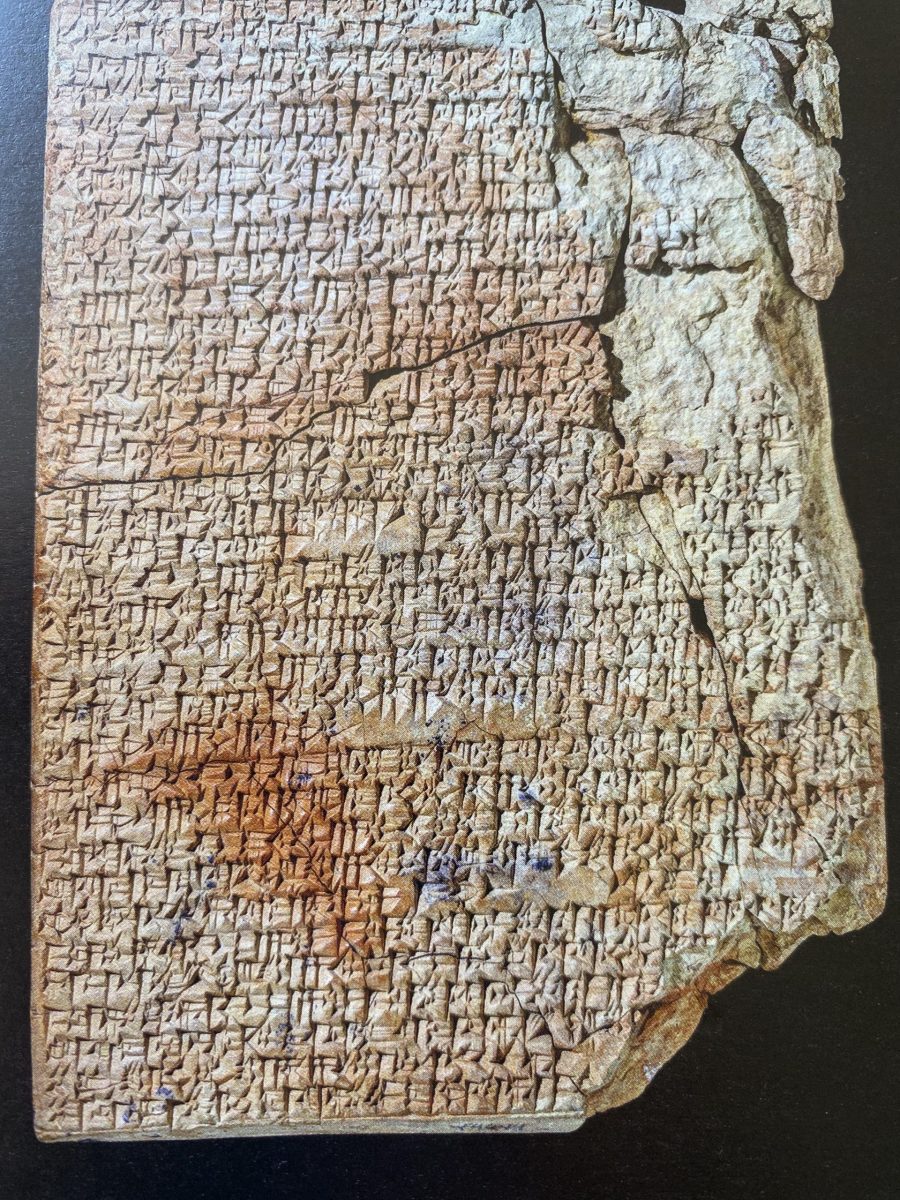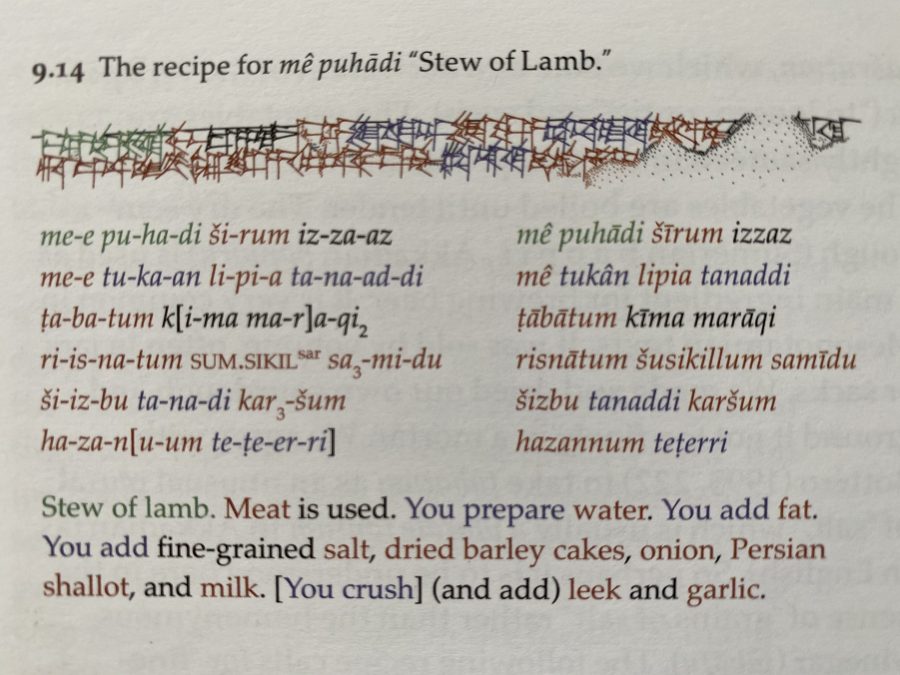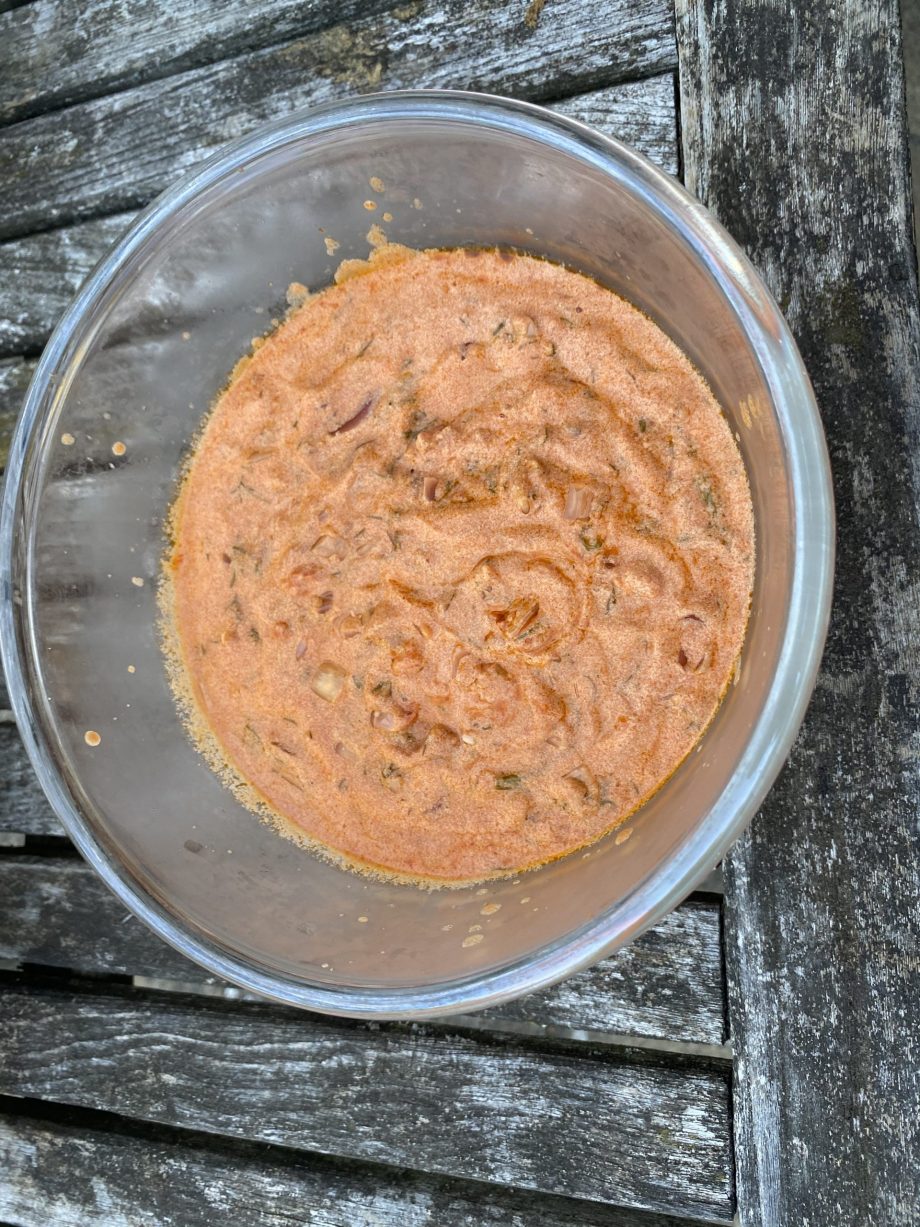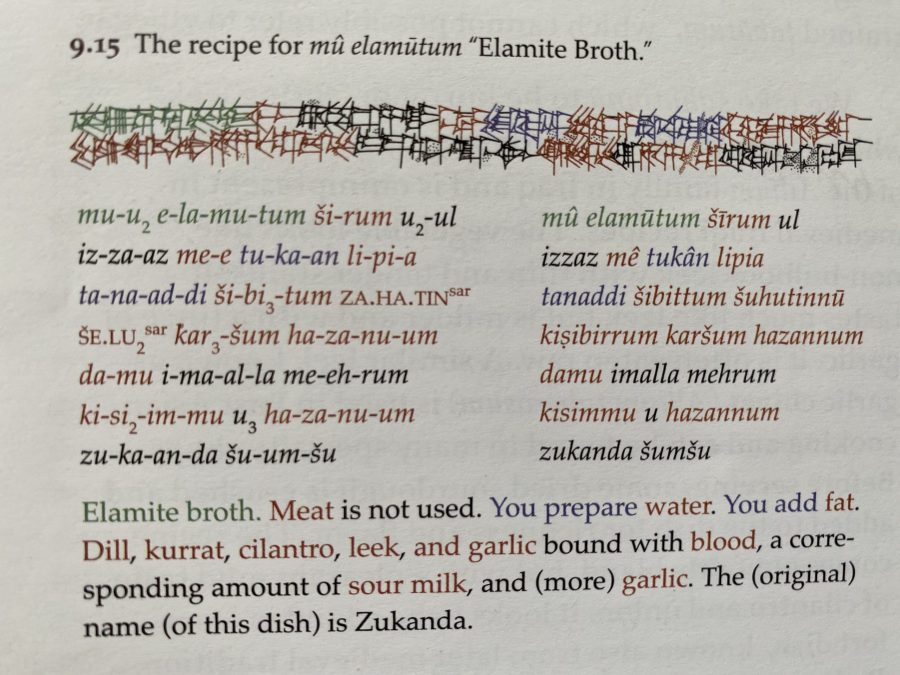Cambridge University Professor Cooks 4000-Year-Old Recipes from Ancient Mesopotamia, and Let’s You See How They Turned Out

Those of us who’ve dedicated a portion of our isolation to the art of sourdough have not suffered for a lack of information on how that particular sausage should get made.
The Internet harbors hundreds, nay, thousands of complicated, contrary, often contradictory, extremely firm opinions on the subject. You can lose hours…days…weeks, agonizing over which method to use.
The course for Bill Sutherland's recent culinary experiment was much more clearly charted.
As documented in a series of now-viral Twitter posts, the Cambridge University professor of Conservation Biology decided to attempt a Mesopotamian meal, as inscribed on a 3770-year-old recipe tablet containing humankind’s oldest surviving recipes.

As Sutherland told Bored Panda’s Liucija Adomaite and Ilona Bali?nait?, the translated recipes, found in Ancient Mesopotamia Speaks: Highlights of the Yale Babylonian Collection, were “astonishingly terse” and “perplexing,” leading to some guess work with regard to onions and garlic.
In addition to 25 recipes, the book has photos and illustrations of various artifacts and essays that “present the ancient Near East in the light of present-day discussion of lived experiences, focusing on family life and love, education and scholarship, identity, crime and transgression, demons, and sickness.”
Kind of like a cradle of civilization Martha Stewart Living, just a bit less user friendly with regard to things like measurements, temperature, and cooking times. Which is not to say the instructions aren't step-by-step:
Stew of Lamb
Meat is used.
You prepare water.
You add fat.
You add fine-grained salt, barley cakes, onion, Persian shallot, and milk.
You crush and add leek and garlic.
The meal, which required just a couple hours prep in Sutherland’s non-ancient kitchen sounds like something he might have ordered for delivery from one of Cambridge's Near Eastern restaurants.


The lamb stew was the hit of the night.
Unwinding, a casserole of leeks and spring onion, looked inviting but was “a bit boring.”
Elamite Broth was "peculiar but delicious," possibly because Sutherland substituted tomato sauce for sheep’s blood.


It’s an admittedly meaty proposition. Only 2 of the 25 recipes in the collection are vegetarian (“meat is not used.”)
And even there, to be really authentic, you’d have to sauté everything in sheep fat.
(Sutherland swapped in butter.)
Related Content:
Listen to the Oldest Song in the World: A Sumerian Hymn Written 3,400 Years Ago
Dictionary of the Oldest Written Language–It Took 90 Years to Complete, and It’s Now Free Online
Hear The Epic of Gilgamesh Read in the Original Akkadian and Enjoy the Sounds of Mesopotamia
Ayun Halliday is an author, illustrator, theater maker and Chief Primatologist of the East Village Inky zine. Her isolation projects are sourdough and an animation with free downloadable posters, encouraging the use of face coverings to stop the spread of COVID-19. Follow her @AyunHalliday.
Cambridge University Professor Cooks 4000-Year-Old Recipes from Ancient Mesopotamia, and Let’s You See How They Turned Out is a post from: Open Culture. Follow us on Facebook, Twitter, and Google Plus, or get our Daily Email. And don't miss our big collections of Free Online Courses, Free Online Movies, Free eBooks, Free Audio Books, Free Foreign Language Lessons, and MOOCs.
from Open Culture https://ift.tt/2ZkX1Iq
via Ilumina
Comments
Post a Comment